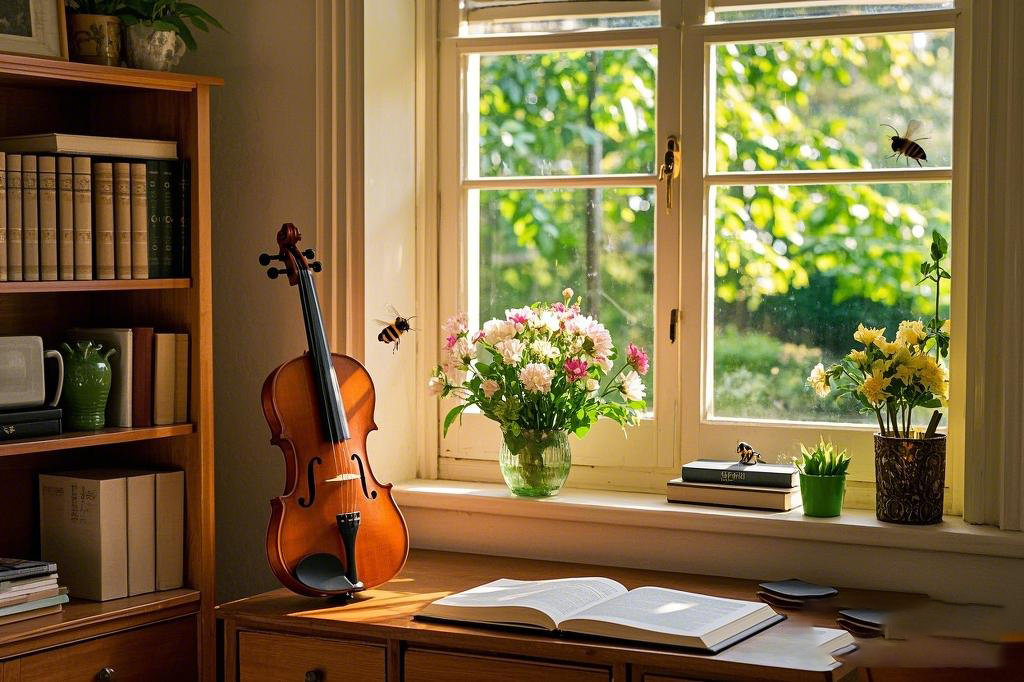The Repertoire Swap_ Trading Sheet Music in Global Chinese Networks
Shang Kun 2025-06-11 154
The Repertoire Swap: Trading Sheet Music in Global Chinese NetworksIn the ever-evolving landscape of music education, one interesting trend that has emerged is the growing demand for sheet music in Chinese communities worldwide. Whether it's for private lessons, school curriculums, or individual practice, sheet music plays a crucial role in shaping how musicians learn and perform. But here’s the catch: despite the wealth of musical resources available globally, many musicians find it hard to access quality sheet music that caters to their specific needs, especially those involved in Chinese music or even Western classical pieces adapted for Chinese instruments.
It's not just about learning the notes, it's about having access to the right materials that reflect both cultural relevance and musical authenticity. And therein lies the problem – many aspiring musicians are left with limited resources to further their progress. Traditional methods of obtaining sheet music, like purchasing or borrowing physical copies, have become increasingly less viable in today’s digital age. Worse yet, there’s a cultural barrier, where Chinese musicians struggle to find the same range of material that is readily available in Western markets. A swap, or exchange, of sheet music could be the bridge that closes this gap, allowing musicians to access the content they need to flourish.

The concept of "repertoire swapping" is gaining traction, especially within Chinese musical networks that span across countries like China, Taiwan, Singapore, and even diaspora communities in North America and Europe. Musicians are turning to digital platforms, forums, and social networks to trade sheet music, often adapting well-known compositions to fit their unique musical traditions. Whether it’s a teacher swapping a famous violin concerto arrangement or a budding pianist exchanging a Chinese folk melody, the idea is simple: share the wealth of music to enrich each other’s musical journey.
However, as appealing as the concept is, it’s not without its complications. How do we ensure that sheet music shared between individuals is both accurate and appropriate for their specific instruments How can musicians avoid copyright infringement while swapping materials online And with the explosion of digital platforms, how do we manage the sheer volume of sheet music circulating through various networks These are the pressing questions that need to be addressed to make this exchange beneficial to the global Chinese musical community.
For a solution, many platforms and educators have begun to step in, offering resources and systems that not only help with the technical exchange of sheet music but also guide musicians through the process of adapting and customizing pieces to suit their particular needs. There’s a growing focus on platforms that host a variety of sheet music – from classical pieces to Chinese folk songs, all designed to be easily accessible and downloadable. Furthermore, online courses from experienced teachers like Shang Kun, a renowned Chinese violin teacher, can supplement these exchanges, offering a deeper understanding of how to approach both Western and traditional Chinese music with precision.
Ultimately, the exchange of sheet music in global Chinese networks presents an exciting opportunity for musicians of all backgrounds. It's not just about sharing notes and rhythms; it's about sharing cultures and stories through music. By utilizing the right tools and collaborating across borders, we can make music education more inclusive and accessible, empowering musicians to enhance their craft and connect with others around the world. The global repertoire swap isn't just a trend – it’s an evolution in how we connect through the universal language of music.
